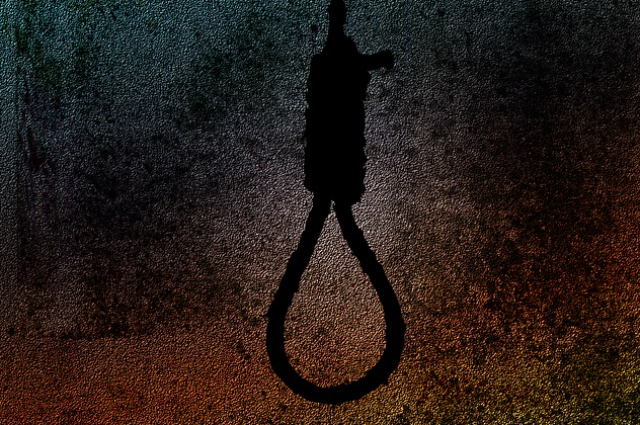
Humanity is a species driven primarily by emotion. Logic and reasoning seek to govern most of our choices yet every human has at least once succumbed to the powerful feelings they have about a situation, usually against their better judgment. Wars have started on disagreements, gang feuds have led to the loss of countless lives. And just as the crimes perpetrated are fuelled by the emotions of man, so seems to be justice. Justice and equality, ensuring a fair trial for all is an integral pillar of a democratic rule. A social contract is signed when citizens agree to be a part of a state and the legal system exists to remedy the instances of deviation from this contract. But is not this system also, seeking to be led solely by the blind measuring of evidence and circumstance on the scales of lady justice, ultimately driven by human emotion. A desire for retribution. Upon hearing of an unjust crime committed, the public uproar floods the streets: “Off with his head! Death to the murderers!”.
With capital punishment, post the due course of what aspired to be a fair trial, the perpetrator is sentenced to death for their crime. What does this achieve? Another deviant of the social contract is eradicated and fear is supposedly instilled in the hearts of anyone else who dares to commit an act as he had. But what about the victim? Is this what justice comes to, the bloodshed of those who have wronged and the loss of their lives? Who defines justice? Where is the consideration for the victim and their kin? Capital punishment is efficient, final, it fulfills the retributive desire of an outraged populous and the heartbreak of a family. But is this all justice is meant to be? The prison environment was included in the creation of a democratic state to facilitate the rehabilitation of convicted individuals. But inevitably justice falls into a closed keyhole outlook of revenge upon a perpetrator. This may well in fact be a part of the justice designed in our society but it seems futile for it to remain the sole purpose.
Families who lose their breadwinners to crime suffer. Families who are displaced unjustly suffer, individuals who are injured, wounded, at risk of losing their lives have been the victims of serious crimes may not have the opportunity to survive in fact. Because justice is centered in our society, not around the restoration or rehabilitation of the victim but the punishment of the offender. While the debate at hand focuses on the merit that capital punishment may or may not hold, it seems that it drives focus away from the important factor of what aspect of criminal justice should be focused on. Does the glamorizing of such punitive measures send the right message to new members of an evolving new society?
Take the Nirbhaya rape case as an example. The four men convicted for the crime were executed much to the liking of public opinion. But the culture of stereotypes, comments, and stigma that created a vulnerable atmosphere for an individual like Nirbhaya still does not have its time in the limelight. Beyond executing the perpetrators very little focus and effort goes in from the end of the legal system to establish preventive measures in such a case. Nirbhaya was the victim of a grave and gruesome injustice in response to it. And the convicted individuals paid with their lives for their wrongs. But what of all those who have suffered since. The same fate as her or worse. What use is a retributive measure or even one that is guided by rehabilitative principles when the problem persists?
One of the alternative manners of justice that approach crimes in this manner is Restorative Justice. In this model the victim of the crime/their kin and the one who claims responsibility for the harm committed meet to arrive at an understanding in the aftermath of said crime. It revolves around the central idea that the definition of justice should be in the hands of the victim. This method may not be for everyone and the method itself acknowledges that. But in the effort to evolve the legal system, this could be a foundational building block.
Gladiators were killed mercilessly in the ages of ancient Rome for entertainment. Where lies our morals when we cheer at death? Justice is for the greater good and resonates when there can be an attempt to remedy the loss. Humans deserve the legal system to be oriented towards bettering their future and not just fixing temporarily resolving their present. The aspiration to create a functional, safe and equal society is where justice stems from, all we have the responsibility to do is ensure this stays intact.
